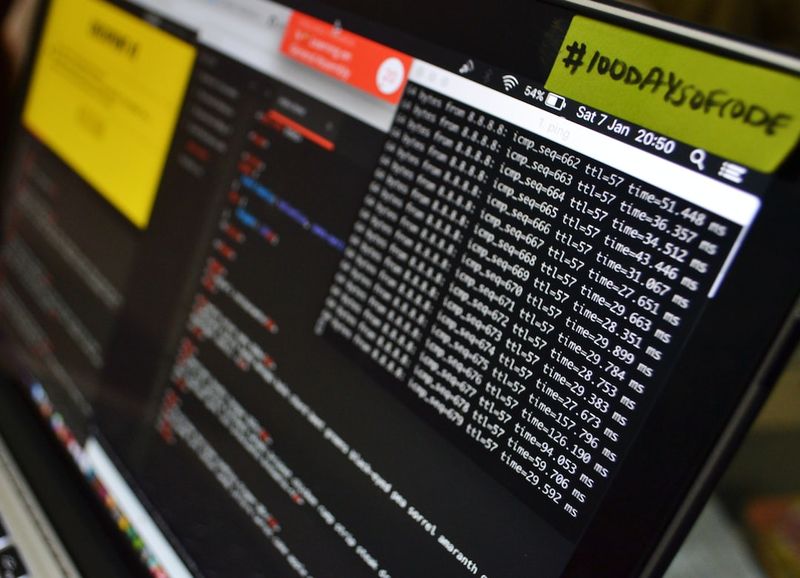Nation-State Attack: Lazarus Group Linked to JumpCloud Breach
Background
Researchers have recently identified the Lazarus Group, a hacking group associated with North Korea, as the culprits behind the recent breach of JumpCloud, an enterprise directory-as-a-service provider. JumpCloud serves over 180,000 customers, including well-known companies such as Monday.com and GoFundMe. The breach appears to have been financially motivated, with the Lazarus Group primarily targeting cryptocurrency and blockchain companies in the Web3 industry.
Attack Chronology
JumpCloud first became aware of suspicious activity on June 27, after detecting an internal orchestration system breach that was traced back to a sophisticated spear-phishing campaign. The attackers successfully performed a data injection attack against the company’s commands framework. To mitigate the damage, JumpCloud rotated credentials, rebuilt infrastructure, and took other actions to secure their network. They also notified affected customers and initiated a force-rotation of all administrator API keys on July 5. The exact number of affected customers has not been disclosed.
Attribution to North Korea
While JumpCloud had initially identified the attackers as a nation-state entity, it was unclear which country until Tom Hegel, a senior threat researcher, linked the hacker-controlled infrastructure to North Korea. Hegel was able to make this connection by analyzing the indicators of compromise (IOCs) publicly disclosed. The IOCs provided evidence linking the attack to North Korean hackers, such as IP addresses and domains identified in previous social engineering campaigns attributed to North Korea.
Targeting the Web3 Industry
The Lazarus Group’s focus on the Web3 industry, specifically cryptocurrency and blockchain companies, indicates a financially motivated threat. The Group aims to steal credentials and gather reconnaissance data for future intrusions. Researchers from Mandiant, a cybersecurity firm, have identified the attackers as a cryptocurrency-focused element within North Korea’s Reconnaissance General Bureau (RGB). This element has been increasingly targeting the cryptocurrency industry and various blockchain platforms.
Analysis and Discussion
The JumpCloud breach highlights the persistent threat posed by nation-state hacking groups such as the Lazarus Group. These groups have sophisticated techniques and are capable of conducting multilevel supply chain attacks that can have significant financial consequences for targeted companies.
The Lazarus Group’s targeting of the Web3 industry aligns with their previous attacks on the crypto industry to fund the Kim regime. These attacks demonstrate their ability to adapt and refine their strategies, as well as their understanding of the evolving digital landscape. It is crucial for companies operating in the crypto and blockchain space to be vigilant and implement robust security measures to protect their platforms and customer data.
Advice and Recommendations
In light of the JumpCloud breach and the persistent threat of nation-state hacking groups, it is essential for organizations to prioritize cybersecurity measures. Here are some recommendations for companies:
Implement Strong Authentication and Access Controls
Adopt multi-factor authentication (MFA) and strong password policies to protect user accounts from unauthorized access. Regularly review and update access controls to ensure that only authorized individuals have appropriate privileges.
Stay Informed about Emerging Threats
Keep track of the latest cybersecurity threats and vulnerabilities in the industry. Stay informed about the tactics, techniques, and procedures (TTPs) of nation-state hacking groups like Lazarus. Regularly receive threat intelligence feeds and consider partnering with cybersecurity firms that specialize in advanced persistent threat (APT) detection and response.
Conduct Regular Security Assessments
Perform comprehensive security assessments to identify potential vulnerabilities in your infrastructure and applications. Regularly test and update security patches and ensure that your systems are up-to-date with the latest security configurations.
Train Employees on Security Awareness
Educate employees about phishing attacks, social engineering, and other common tactics used by hackers. Conduct regular training sessions to raise awareness about cybersecurity best practices and provide guidance on how to identify and report potential threats.
Establish an Incident Response Plan
Prepare an incident response plan that outlines the steps to be taken in the event of a security breach. This plan should include the involvement of internal and external stakeholders, as well as law enforcement agencies, to ensure a coordinated and swift response to mitigate the impact of an attack.
Conclusion
The JumpCloud breach serves as a reminder of the persistent threat posed by nation-state hacking groups and the importance of robust cybersecurity measures. Organizations must remain vigilant, stay informed about emerging threats, and take proactive steps to protect their systems, data, and customers. By prioritizing security and implementing best practices, companies can mitigate the risk of being targeted by advanced persistent threats and minimize potential financial and reputational damage.

<< photo by cottonbro studio >>
The image is for illustrative purposes only and does not depict the actual situation.




